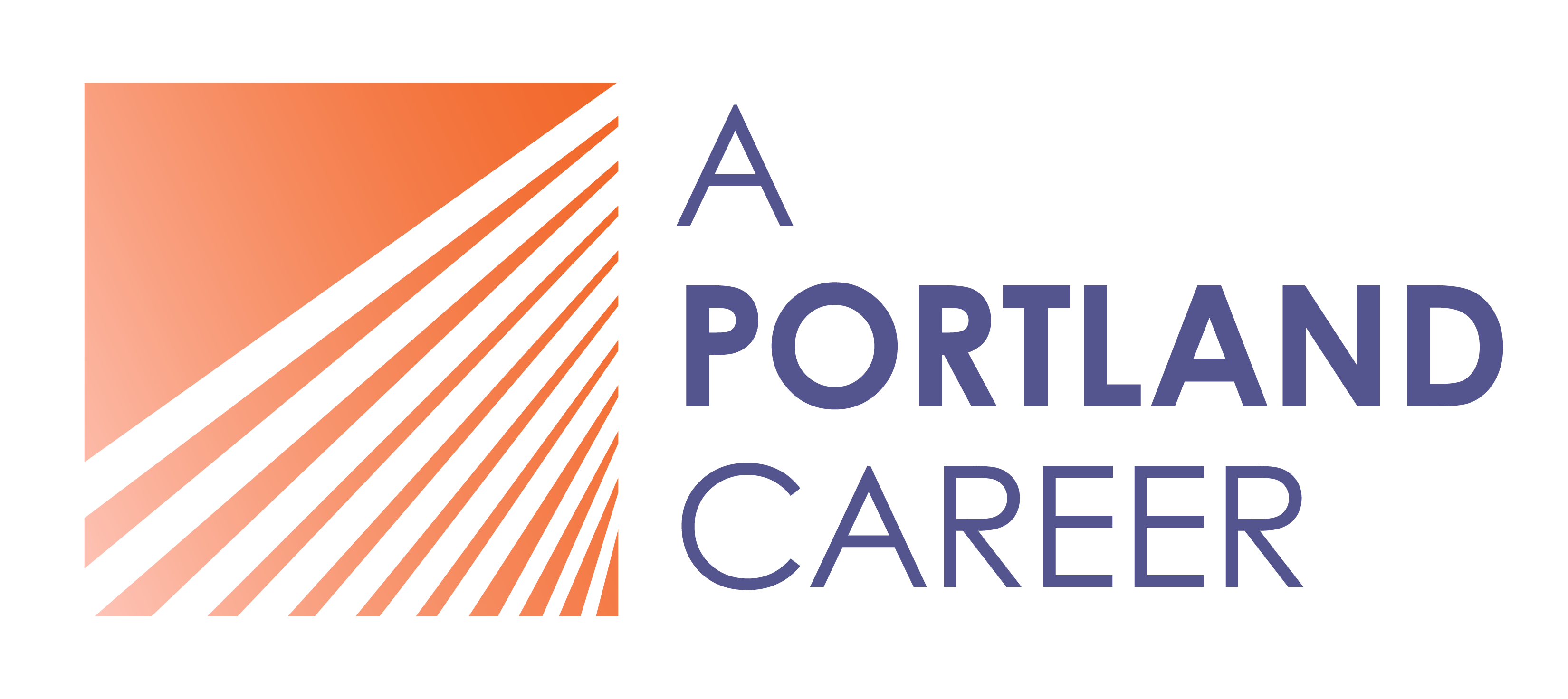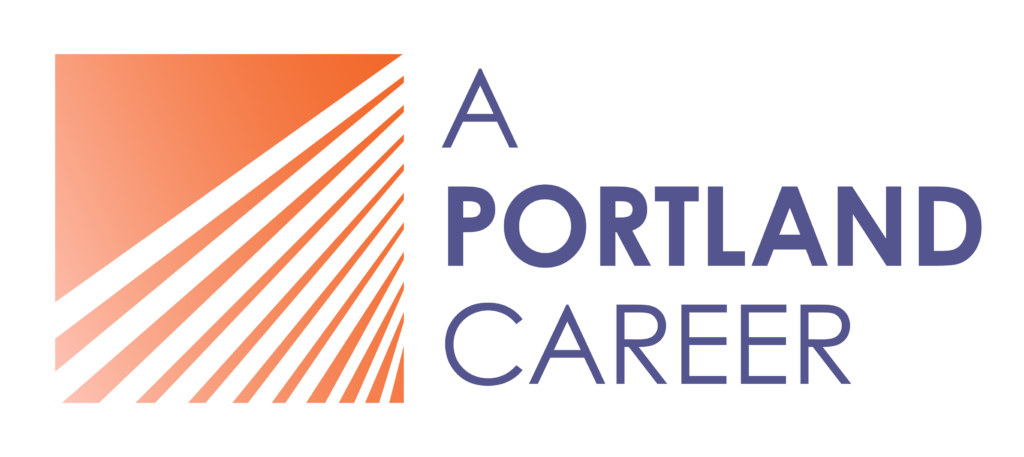Demystify your desired job, career path, and industry with these 23 illuminating informational interview questions and a proven networking process.
Prep your references ahead of time to give the professional recommendations that will get you hired. Nope—it’s not too pushy!
How to Get Great References for Your Next Job Search
By A Portland Career, and edited by Jelena Grove, Dan Hahn, M.S., and Suzie Sherman
Want to nail your job hunt? Schedule a call and let’s get you going.

When our chief career coach Vicki asked Kevin, a past client, whether he’d alerted his references to his job search, he said this: “I did indeed prepare my references. Here’s why: I worked hard to make the resume, cover letter, and interview the best they could be. It would be a shame if my references went poorly because they were caught unaware of my job search.” Vicki couldn’t have put it better herself.
The task of gathering professional references to list on your resume doesn’t end with simply asking for permission. Take the example of our client Kevin.
When he finished his job interview, Kevin contacted each reference by phone to tell them they might receive a phone call from his potential employer, but he didn’t stop there. He also gave a brief overview of the organization and, if hired, what his responsibilities would be. Smart moves, but here’s where Kevin earned extra points: He prepared his references to give the best possible feedback about him to his new prospective employer, by telling them about skills that were most important to the employer — ones that he had demonstrated and cultivated while working with these contacts. He then left it up to them to decide what information they would share if they received a call.
But enough about Kevin –– this post is about you. So if you’re in the job application process and need great references, keep reading. In this post we’ll show you how to get your references to say exactly what you need them to (without being manipulative) to make you the standout candidate in your next job search.
Home → Helpful Articles → Networking → How to Get Great References for Your Next Job Search
Here are some related articles that should be helpful:
- I’m Looking for a New Job: What Do I Do about Bad Job References?
- How to Network on LinkedIn Like a Pro
- How to Craft an Elevator Pitch: The Secret to Successful Networking
- 23 Informational Interview Questions and a Networking Process that Works
- Find the Networking Style and Tools that Work for You
- Expert Tips for Networking In Portland, Oregon (even if you don’t like networking)
If you’re feeling stuck, or need to get over your networking dread, schedule a consult with us!
On This Page
Is directing your references pushy?
We don’t think so, and here’s why: Let’s assume that most of your references remember you, feel good about you, and want to assist you in reaching your career goals. To give you a good reference, they need to be clear about the job title and the specifics of the job description you’re aiming for.
If they aren’t, they might, for example, gush about your wonderful flair for design when the employer is trying to evaluate you on your technical competencies. This disconnect could hamper your chances of impressing the hiring manager, and your references might feel responsible.
On the other hand, you will shine if your references reinforce the achievements on your resume and the talking points you chose for your interview. For example, to show how you meet the requirements of the job, you may have stressed –– both in your resume and during the job interview –– your project management skills, work ethic, collaborative nature, and ability to take initiative. Such claims naturally seem more credible if your references mention them as well.
Influence your references in two easy steps
How can you influence your references to say what you want without being manipulative or commanding? For starters, get clear about what this is really about: you’re reminding, not coercing. In other words, you better make sure that the things you want your references to say about you are true.
Barring that, there are two easy steps you need to take when you contact your reference:
Step 1: Share some specifics about the new job (job title, responsibilities, etc.) and the organization (company name, mission, etc.) and explain why you’re enthusiastic about the position.
Step 2: Tactfully remind them of the pertinent projects you worked on together and the skills you used to ensure project success.
That’s it. That’s all you have to do. Now, we’ll show you a rel-life example so you can see what these simple steps look like in practice.
How to make a reference request
To illustrate, here is part of a conversation Vicki had with her former employer Janet when she applied for a position as a part-time coordinator of the Career Resource Center at Portland Community College.
Vicki: Hi, Janet. Will you please be one of my references for the position as a coordinator in the Career Resource Center at PCC?
Janet: I’d be glad to.
Vicki: I appreciate that. I have specifically asked you for a few reasons: first, because you reviewed my evaluations when I taught Career and Life Planning for Linfield College; and second, because this job is going to emphasize working with students of all ages and ethnic groups. I remember when we worked together to help Jack, the student with a history of uneven academic success.
Janet: Oh yes, I remember seeing Jack and his father beaming when he finally made it to commencement after so many years. And you were so patient with him.
Vicki: I do miss working directly with a more diverse group of students. My private practice is wonderful, but I would like to complement it by working in a team environment. Also, I would get to teach career and planning skills similar to those that you hired me to teach at Linfield.
Janet: When do you expect I might receive a call?
Vicki: Within the next few days. Oh, and would you mind calling me if/when they call you? I am so enthusiastic about this — I want to know right away if they are moving forward with my candidacy.
Janet: Will do. Good luck!
Timing is everything: when to call up your list of references
The best time to give your references a heads-up and a little subtle coaching is after you enter the interview process; a few days before or after you have an interview scheduled. Send them a copy of your resume and cover letter with a brief phone or email message.
For example, you could write an email with a subject line along the lines of, “Professional recommendation request” with the note, “I’m excited to let you know that I’m a finalist for a project manager position at Portland Purple Pickle. As you can see on my attached resume, I emphasized how the project at Green Pear came in on time and $20K below budget. I’m also pleased that this position will allow me to integrate my interest in organic foods (outside of those great company picnics we had). If you have any questions, give me a call.”
LinkedIn recommendations and skills endorsements
LinkedIn profile recommendations and skills endorsements have become extremely important of late.
Recommendations are essentially the modern, shortened versions of letters of recommendation (or reference letters), and skills endorsements are essentially one-click corroborations of skills you say you have. Both are public, and the more of each you accumulate on your profile, the better your chances of impressing hiring managers.
Use your profile to highlight the work experience that corroborates the information on your resume. The best part is that you don’t have to go through the dialogue above about your new position with your former boss –– it’s perfectly OK to reach out to former co-workers to write up a positive reference or, with a few clicks and no writing required, endorse you for skills you used while working with them.
When you start job hunting, get in touch with people in your LinkedIn network who can offer complimentary information about your work – whether you know them from internships, volunteer experiences, or past jobs. Politely ask them to endorse you for the skills required for your target job and offer to exchange recommendations. It also helps if you just go ahead and write them a recommendation and/or endorse their skills first.
Final Thoughts
One thing job seekers need to remember is this: the best references start with your subtle and thoughtful guidance. Even if your references gush about you to recruiters, if they gush about irrelevant aspects of you, it won’t do much to help your chances of landing your dream job.
While we understand that the idea of consciously influencing your potential references to “say what you want” may seem pushy or strange at first, we promise that they will appreciate your guidance and the chance to be better prepared to give you a stellar reference. No one likes being forced to recall information out of the blue, especially if any significant amount of time has passed since you worked with them.
Finally, unless you are specifically requested to do so, don’t include your previous employer’s contact information (reference name, phone numbers, email address) in your resume. Very few employers do reference checks before an interview anyway, and only generally check references if and when you make it to the final rounds of the hiring process.
Key takeaways
- To make them as effective as possible, you need to coach your references ahead of time to say what you need them to say to your prospective employer
- The right way to coach a reference is with politeness, subtlety, and information about your relevant skills and results you delivered with them in the past
- The best time to reach out to your references is a few days before or after your scheduled interview
- Apart from classic references, collect as many LinkedIn recommendations and skills endorsements as you can
- The people you reach out to will not think you’re pushy – on the contrary, they’ll find it helpful
Related articles you might be interested in:
I’m Looking for a New Job: What Do I Do about Bad Job References?
Bad job references? We’ve been there, too. Here’s how to normalize the problem, ease your worries, and proactively address it to land the job offer.
How to Craft an Elevator Pitch: the Secret to Successful Networking
Develop a great elevator pitch as a job seeker, and get more out of the dreaded art of networking.
How to Network on LinkedIn Like a Pro
LinkedIn isn’t just a glorified resume or a simple social platform. Wield the power of LinkedIn to meaningfully grow your professional network.





